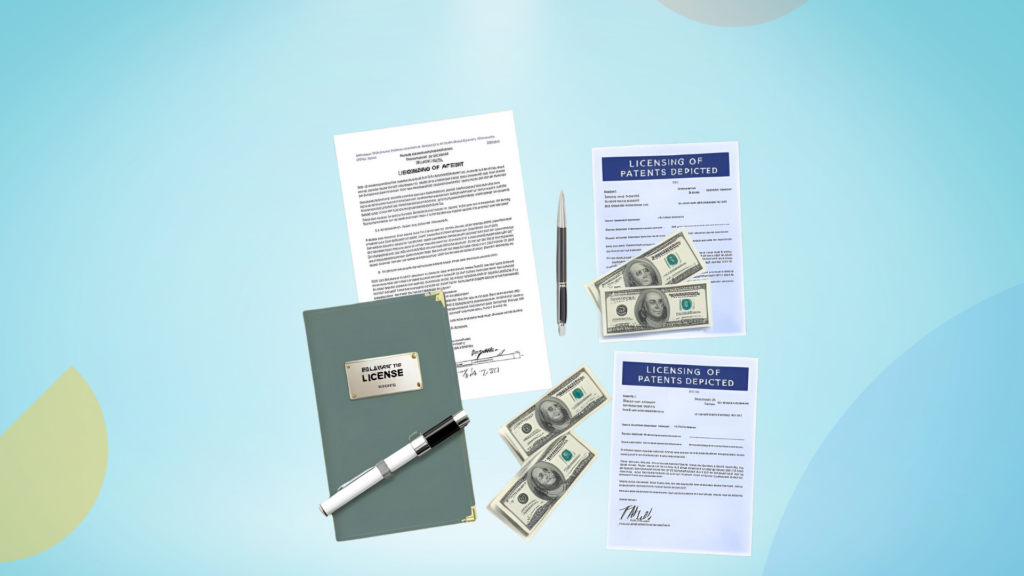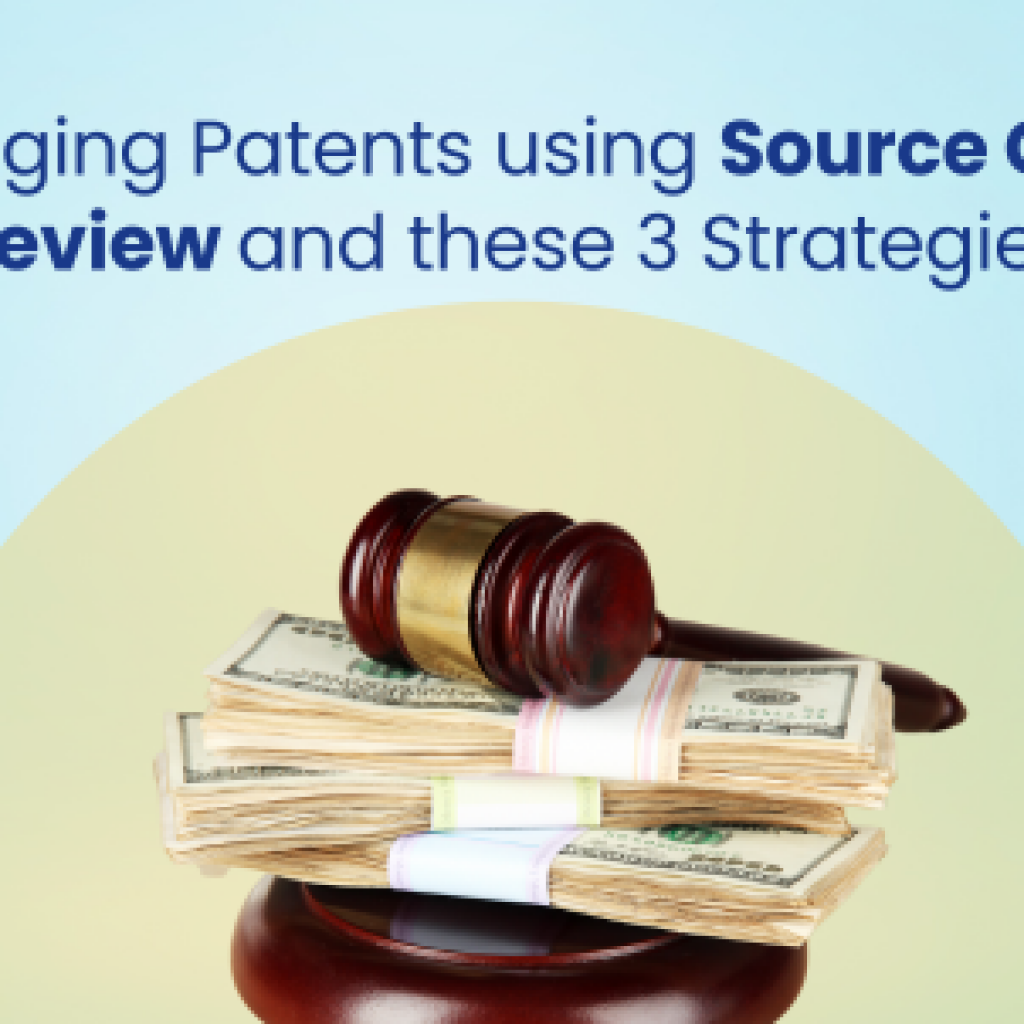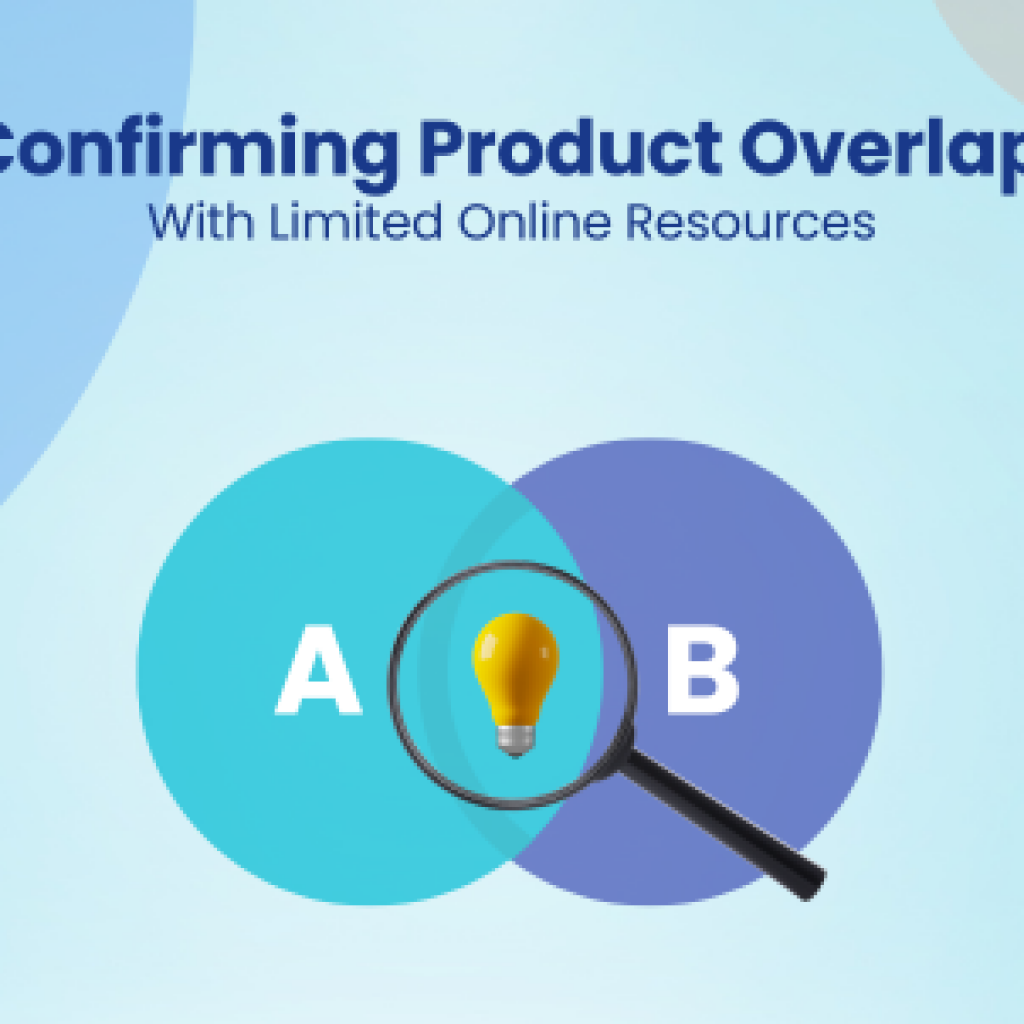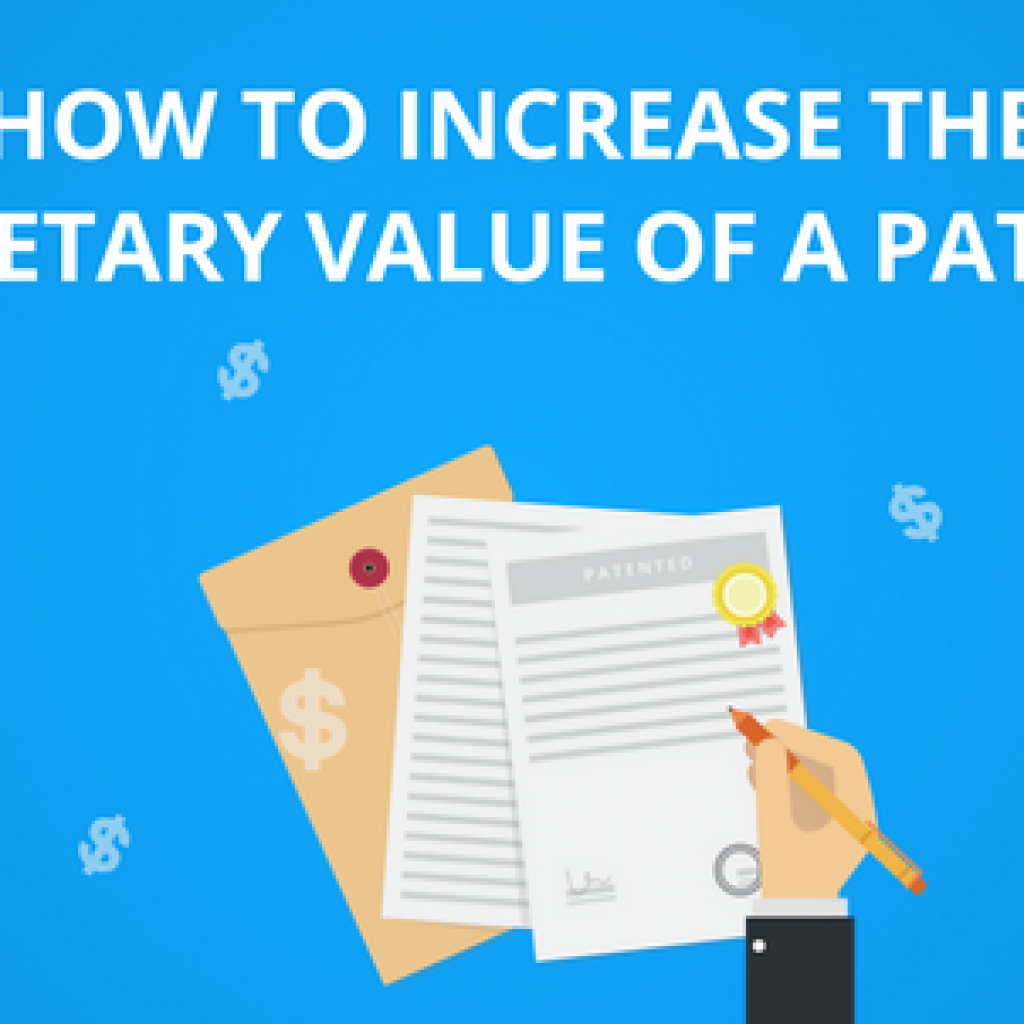“At the end of the day I can get the work that I need, but if I would have done the work myself, I would have done it differently.”, relatable?
This is the problem that some of the best in-house patent counsels shared with me, but according to them they never talked openly about it. They all felt – “this is how to patent search outsourcing works”.
Many can build a house, but there are very few construction companies that would build the house I imagined in my mind. The world is expanding and the best talent may not be available domestically. Evaluating someone from another country, and another culture is not an easy thing. So then how do you find someone who thinks and works like you?
I have shared my thought process with all the counsels I met and today I want to share it with all of you via a small incidence from today.
Today, I was invited to host the daily connect of GreyB’s Solutions team. This team’s main job is to find the next big problems hindering GreyB’s growth and solve them one by one. They work like an internal strategy team that works with all departments. Here’s how the connect unfolded.
I thought I will check if these guys can figure out an answer to this question. So I gave them a hypothetical situation –
How would you help the IP Counsel of Coca-Cola find the right IP services partner, assuming he is your friend and you are no longer in GreyB?
IP Counsels can easily find many IP service providers on Google. However, it is not easy to select the one that best fits your needs. Finding the one who can execute the project and can think alike is not an easy task.
Do remember, that all IP service providers may look and sound the same. I wanted to see if they could come up with a solution for the IP counsel of Coca-cola. Here is one condition though – you cannot give them a sample project.
Round 1
Every team member started thinking about what they can suggest to the in-house counsel and the first set of suggestions came out very quickly –
Do research on the service provider website to understand their technical know-how, experience, etc. Select the service provider directly via Word of mouth
Ask them questions like –
The Testimonials from their previous client Their work examples, sample deliverables, etc. How many experts do you have in your team and what are their backgrounds? Have you done something like this before? Which databases or software do you have? Have they worked with someone who wanted to do the same thing we do? Do they have any case studies? If they do their search or landscape manually or via some software-assisted method?
I observed most of these initial questions were to judge the patent knowledge and experience of the company.
Now, most companies, if they have been in the industry for a couple of years, will be able to provide a satisfactory approach to the above questions. Therefore, the above questions will not help in shortlisting the right company. Though they can help you in eliminating a few.
Here the biggest problem is going to be – a satisfactory answer.
When you are selecting an IP company, you cannot depend on their methodology or processes, especially when methodologies and processes are standard in the industry. You have to select based on their mental approach when applying these processes. How people think when they are searching cannot be identified from the above questions.
Services in the IP domain are not like a vending machine – You apply a standard process and you will always get the same output every time. You put a coin and you will always get the same ice cream cone. Here, one has to modify the approach as one works.
Hence, you are looking for a Thinking company.
Coming back to the session. Once I shared this with them, I saw the time between their comments increased. I could see these guys were introspecting before speaking.
Round 2
Below were the next set of suggestions from them –
We can see if their case studies use a show v tell approach
We can ask them questions like –
Why should I give the project to you? What was the most difficult project for your team and what did you do to handle it? What’s the biggest project your team has handled, what all you did in that? What challenges did you encounter in the projects? What if I am not satisfied with your work quality? Tell me about the projects where you messed up? How did you salvage the situation? Have you ever encountered an instance where the client came back with results that you did not have in your output? How did you handle that? What differentiates you from your competitors? What do you mean by quality? How do you quantify and check quality?
Interestingly, these questions were all very good. I was impressed by how these guys were thinking after the first round.
However, these questions had one problem. If the sales guy is smart, he can give you a satisfactory answer to all these questions. He knows what you want to hear and he has his answers well versed. Therefore, there is no way for someone to know if what you are hearing from sales is what the company follows internally.
This made a lot of people burn their hands over the years.
What you want to know is how the people who are going to work on your projects think. How do they think when they’re stuck? When there are no answers, what do they do?
I think some members quickly understood the above restrictions. They immediately picked up and started sharing their third set of suggestions –
We will ask them to interview the technical team who is going to work on the project. For example, How do you handle antibody patents? How do you interpret antibody claims? How do you manage CDRs? If two CDRs have overlap, how do you select the relevant patent? Tech questions drill. I am going to ask a trick question: give them a problem statement, hint that we are looking for a cost-ineffective solution. Then check, if they are smart enough to recommend a better but cost-effective solution on their own or simply say yes to what the client suggested. Another one like – How to do an FTO search at reduced effort (like 20 hours), but still mitigate the risk effectively? I want to see how they think while answering. What they prioritize to manage the risk, as the question has no standard answer. Can you tell me one company that is lesser-known in the Coca-cola (soft drink) domain, but has a strong technology in packaging and printing? I would evaluate the methodology that they use to find such companies. Here people who share a standard (or satisfactory) approach will definitely miss the hidden companies.First, I will evaluate if the methodology aligns with my end purpose. Next, I will seek clarifications on the methodology – pros and cons via trick questions. I will also swap methodologies shared by different vendors and get their comments.
I like how they slowly moved from patent knowledge to managing processes to how the service provider thinks. Basically, these guys were thinking how I would think. Indirectly, this made me more confident that the solutions team is thinking exactly like me.
A good partner
A good partner should have a stronghold on the following three parameters –
(1) Technical expertise (2) Robust processes; and (3) Thought process
A lot of people give high importance to (1) and (2). I give high weightage to (3).
It is very difficult to find people who do not give up easily and are not afraid to go deep into the rabbit hole if need be. Those are the kind of people that will match your frequency and deliver results just like you thought if not better.
If you think we think like you?
Read how we go above and beyond to deliver the kind of results you are looking for: Unconventional ways of patent searching. Authored By: Deepak Syal. His vision is to make innovation frictionless and see every company innovate and build their own IP. He is also Director at GreyB.










